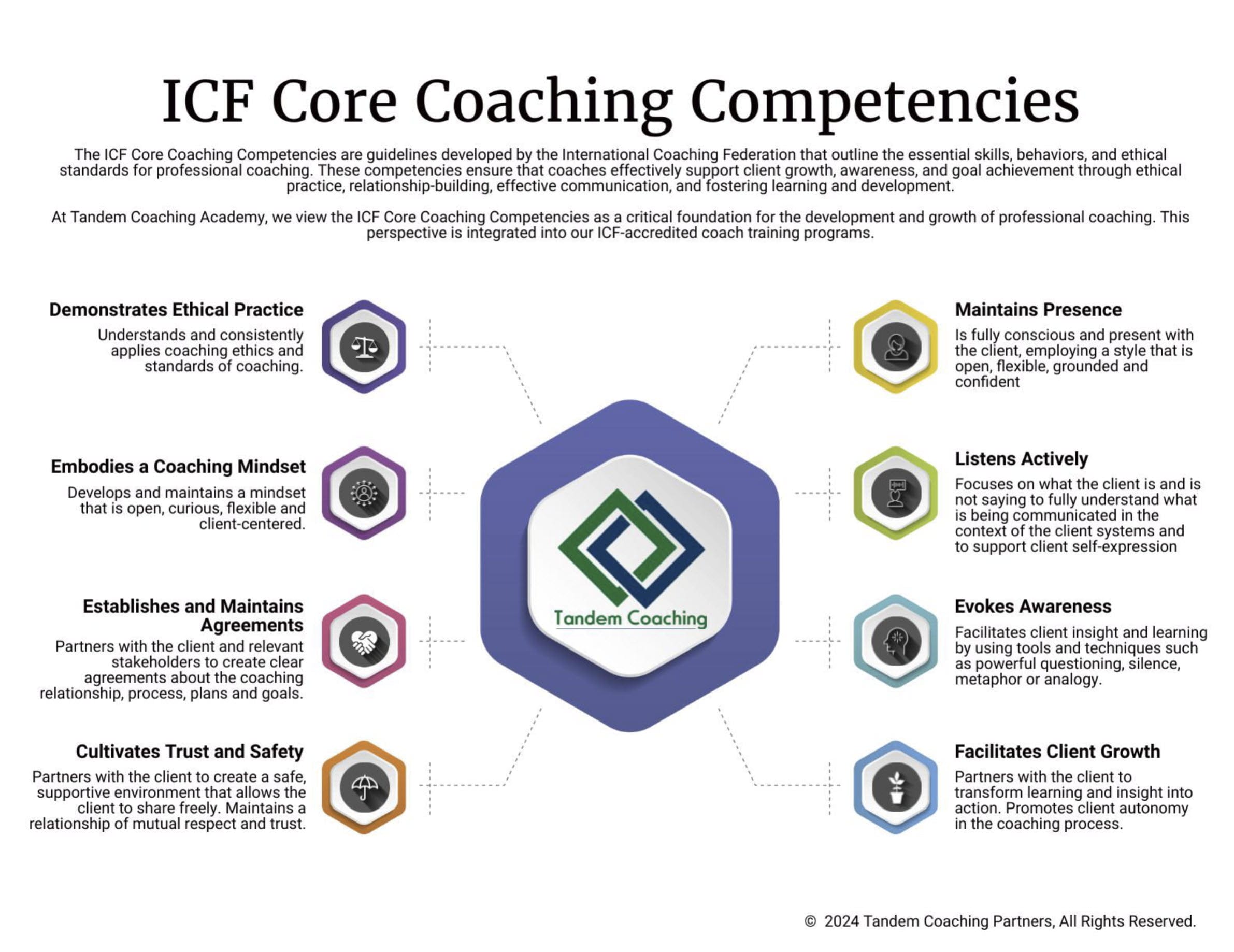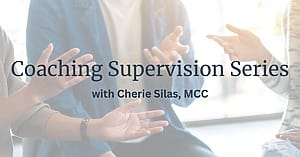Amongst a variety of NLP techniques and practices, NLP presuppositions have their own special place. And while those presuppositions are fascinating in their clarity and precision on their own (try to beat “The map is not the territory,”) their genuine power comes from the understanding of how intertwined and interdependent they are. Look at these,
- We cannot NOT communicate
- The meaning of your communication is the response you get
- There is no failure, only feedback
- The person with the most flexibility will have the most influence on the system
We need to remember, that spoken words comprise only 7% of all our communication, tonality and its submodalities add another 38% and the rest, whopping 55% is the unspoken and unheard behavior.
Everything we say and everything we do is communication, and the feedback we get is the only meaning of that communication. It is not what we said, how we said it, how we looked, or frowned, or gestured, or stood, or sat–it is what the feedback we got from those means of communication.
In professional coaching we learn early that it is not the problem that is the subject for a coaching relationship and a session, but the person with their anxieties, fears, doubts, desires, aspirations, and goals. We also learn that the best communicators (and coaches), whether they are using specific NLP techniques or not, are listening at a global level, which not only include what is said, how it’s said, which shifts in emotions, energy levels, and behaviors were involved, but also what was not said and what was hidden behind the veil of the said words.
Communication cannot fail, it can only produce the feedback. Maybe that feedback is not what you expect, which still does not construe a failure. As naturally creative, resourceful, and whole human beings, we have an innate ability to process the feedback and adapt our behavior. Such adaptation equates to flexibility, which, in turn, gives us the power to influence the system when and where we want.
Harnessing the power of NLP techniques should be a goal of anyone whose aspirations are to become a better, more masterful influencer, communicator, listener, coach, or a better human being.

Unlock Your Coaching Potential with Tandem!
Dive into the essence of effective coaching with our exclusive brochure, meticulously crafted to help you master the ICF Core Coaching Competencies.
"*" indicates required fields
About the Author
Cherie Silas, MCC
She has over 20 years of experience as a corporate leader and uses that background to partner with business executives and their leadership teams to identify and solve their most challenging people, process, and business problems in measurable ways.















